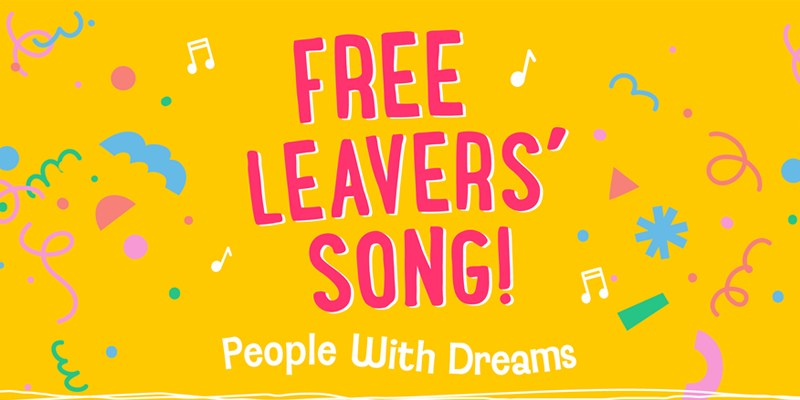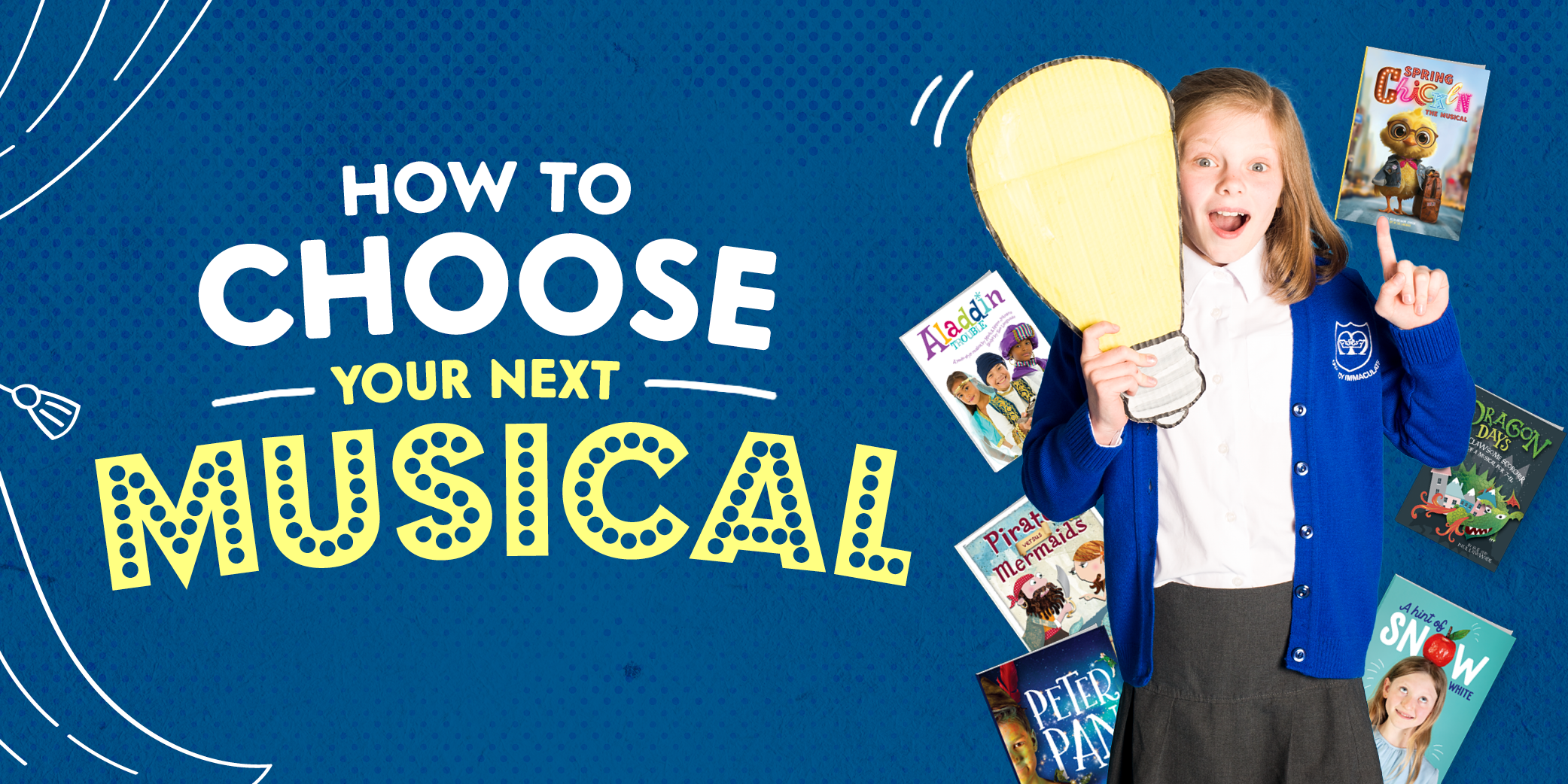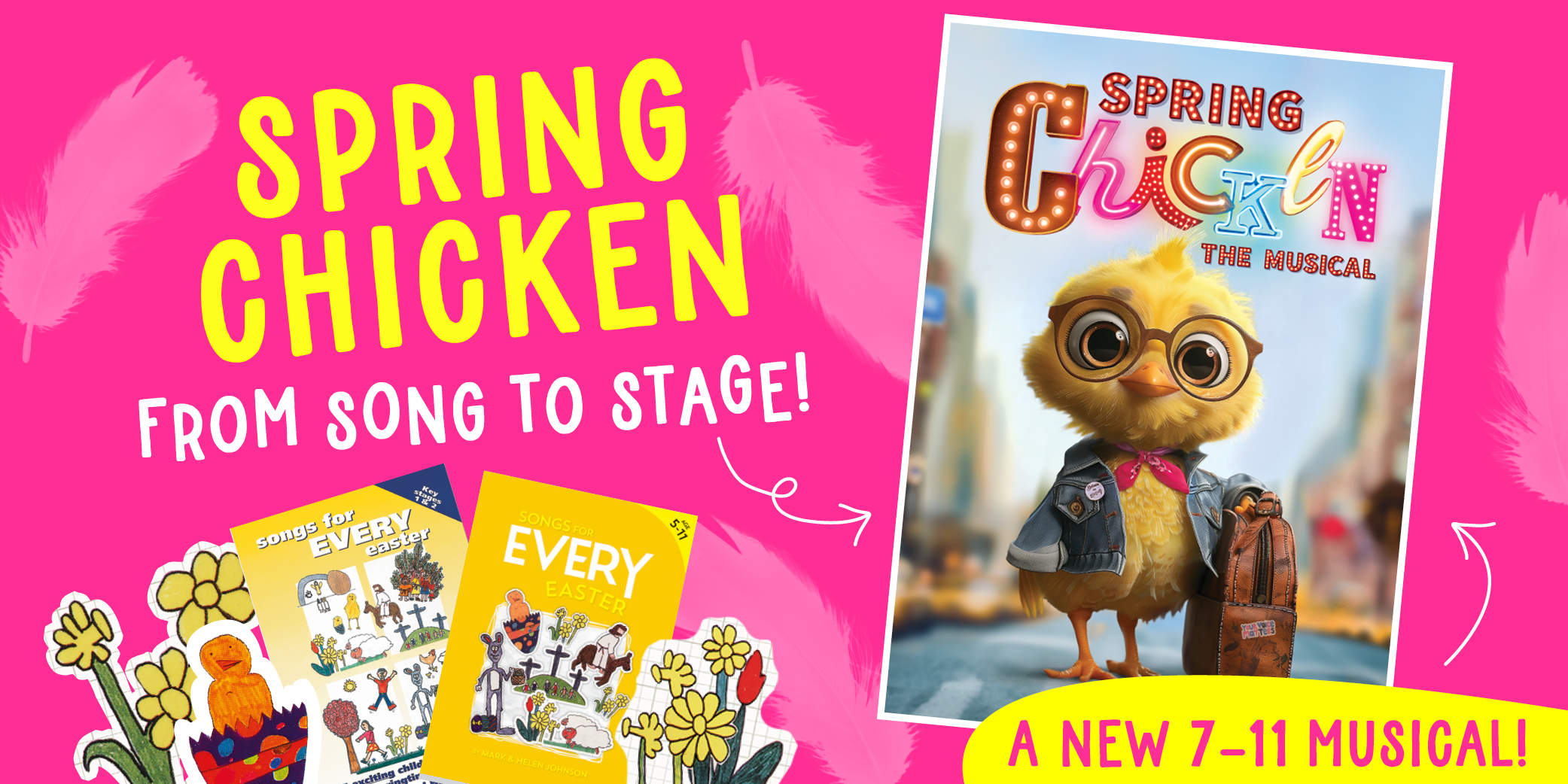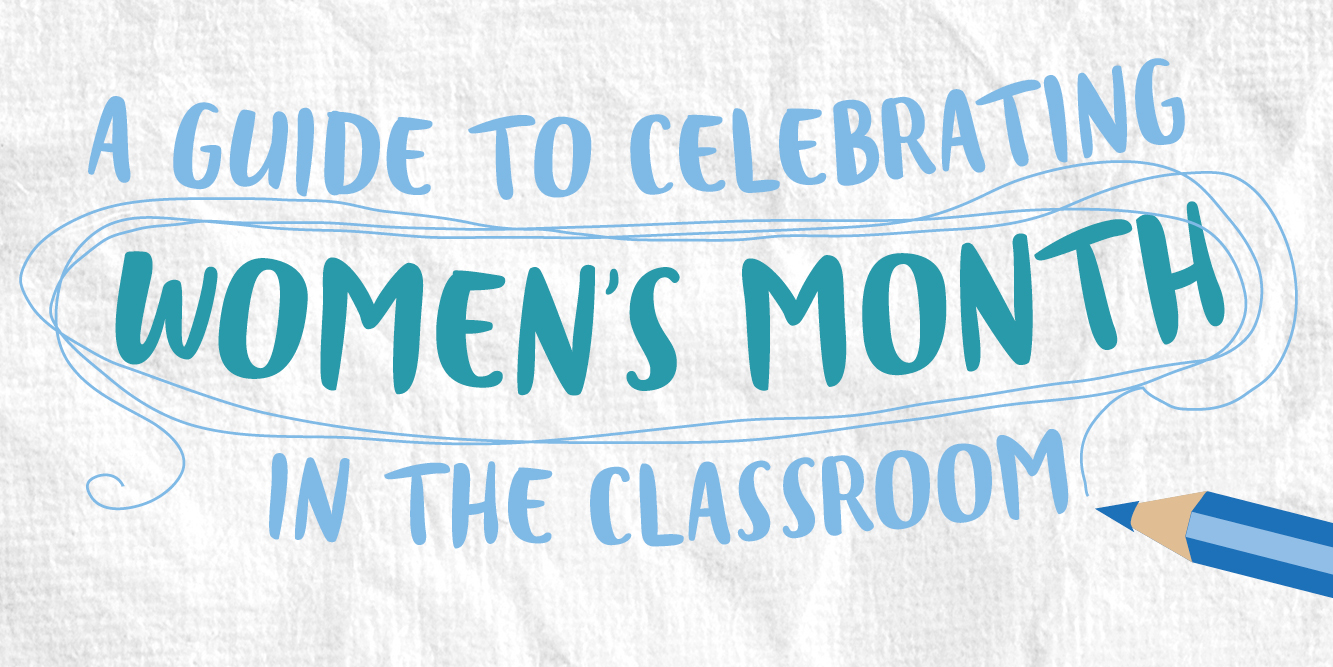
PLEASE NOTE: Due to COVID-19 guidance may have changed since this page was written and it's important to make sure you follow your school's and the Government's most recent updates. We believe that there are lots of useful ideas here that can be applied to different types of learning situations, so please do read on!
King Henry III, Christopher Columbus and William Shakespeare are the names of just a few men who have helped shape the world today. In more recent years, the world has come to acknowledge that beside these great men stood a variety of wonderful women who contributed just as much to shaping life as we know it.
Every March marks a month of celebration for womankind. It is globally recognised as Women’s History Month, with 8th March considered International Women’s Day. Using our recommendations below, why not highlight a few famous women in some of your key curriculum lessons - including science, literacy, art and music - throughout March.
1. A Woman Of Science: Florence Nightingale
Start your science lesson with a question: how many times does the average hospital worker wash their hands in a day? There is not necessarily a correct answer, but it is hospital regulations that any hospital worker must wash their hands between seeing every patient. Therefore the number is quite high. This is all thanks to Florence Nightingale, a nurse in the Crimean war who established that ten times more soldiers died from diseases spread by touch than from war wounds. She introduced new hygiene regulations and was adamant that hospital staff wash their hands between every patient they saw.
Ask your class to estimate how many different people they speak to in a day. Then, ask them to estimate how many times they would need to wash their hands if they had to clean them every time before speaking to a different person?
Set a challenging homework task. Have each student trace their hand. On each finger, challenge them to find five unique facts about hand washing. It may seem difficult, but the facts are out there, and they are astonishing!
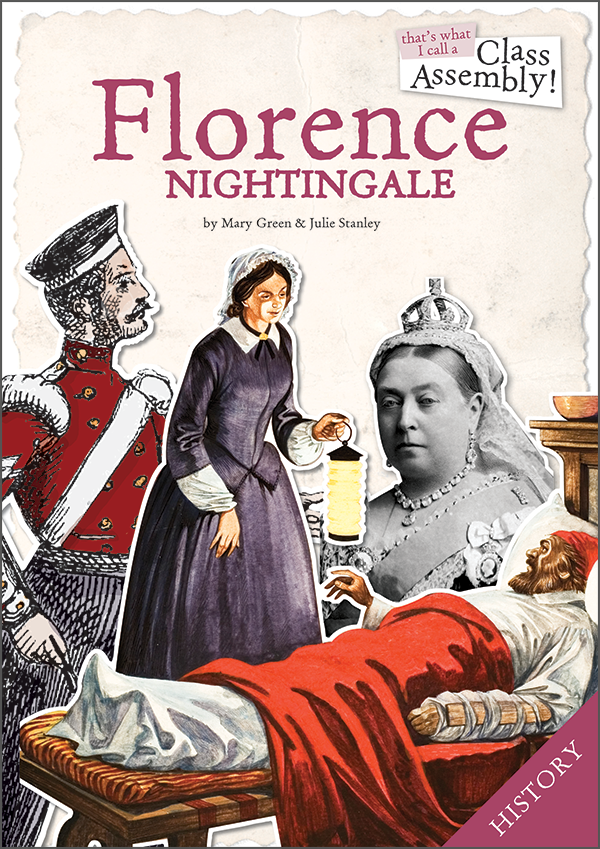
2. A Woman Of Literacy: Mary Shelley
Many years ago, if a woman wanted to become a published author, she would have to use a different name because book companies refused to publish any work by female authors. One of the most famous novels of all time, Frankenstein; or the Modern Prometheus, was originally published by an anonymous author, though many assumed it to be written by Percy Shelley, a famous English poet. In fact, the story was written by Percy’s wife, Mary Shelley. It is said that the idea for Frankenstein came to Mary Shelley one night whilst telling ghost stories with her husband, her sister and Lord Byron (another famous writer).
Set a creative writing task in your classroom. Start with a synopsis of science experiment gone wrong - just like Mary Shelley did - and have your students finish the story. Does the scientist create a scary new species of mankind, or does the experiment end happily-ever-after? This activity is perfect for exploring the use of adjectives.
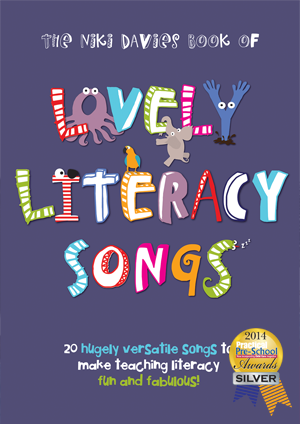 Get inspired with Love-er-ly Mud from The Niki Davies Book of Lovely Literacy Songs and encourage your students to bring their stories to life – in more ways than one!
Get inspired with Love-er-ly Mud from The Niki Davies Book of Lovely Literacy Songs and encourage your students to bring their stories to life – in more ways than one!
3. A Woman Of Art: Elizabeth Catlett
Celebrate some of the lesser known female visual artists this Women’s History Month. Elizabeth Catlett, an African-American female artist and the grand-daughter of former slaves, creates beautiful wood block prints that illustrate her experience as a black woman in the 20th century. You can try similar printing experiments in the classroom by cutting out pieces of foam, mounting them on thick cardboard, painting the foam shapes and pressing them onto paper.
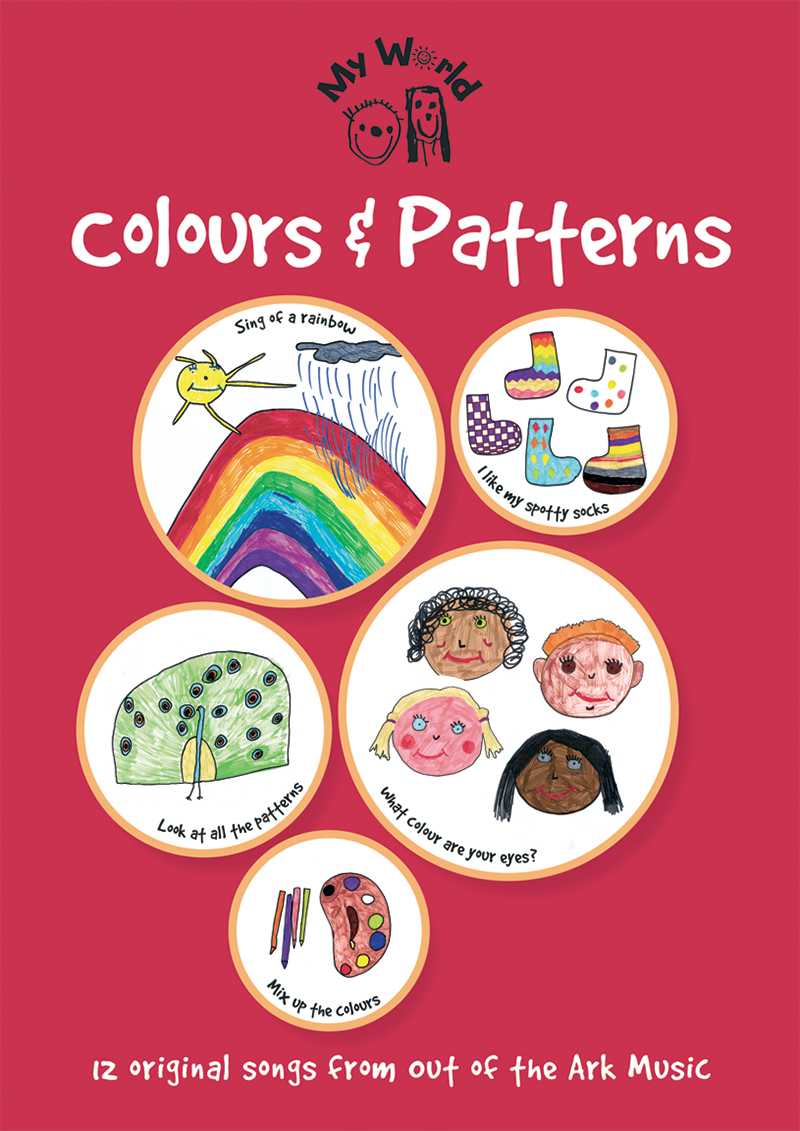 Explore more artistic ideas in My World: Colours & Patterns – What Colour Are Your Eyes? is a great song to spark artistic imagination and conversations about how our differences in appearance makes us unique and special.
Explore more artistic ideas in My World: Colours & Patterns – What Colour Are Your Eyes? is a great song to spark artistic imagination and conversations about how our differences in appearance makes us unique and special.
Check out this BBC article for more inspiring female artists you may not have heard of before.
4. A Woman Of Music: Ella Fitzgerald
In the late 19th and early 20th century, jazz was born in the city of New Orleans, Louisiana. By the 1930s, it had crept its way into the bustling city of New York, New York. Ella Fitzgerald, a woman who had experienced a difficult life, entered a talent competition and wowed audiences with her amazing voice. This was the start of her remarkable singing career which led to her reputation as the First Lady of Song, Queen of Jazz, and Lady Ella.
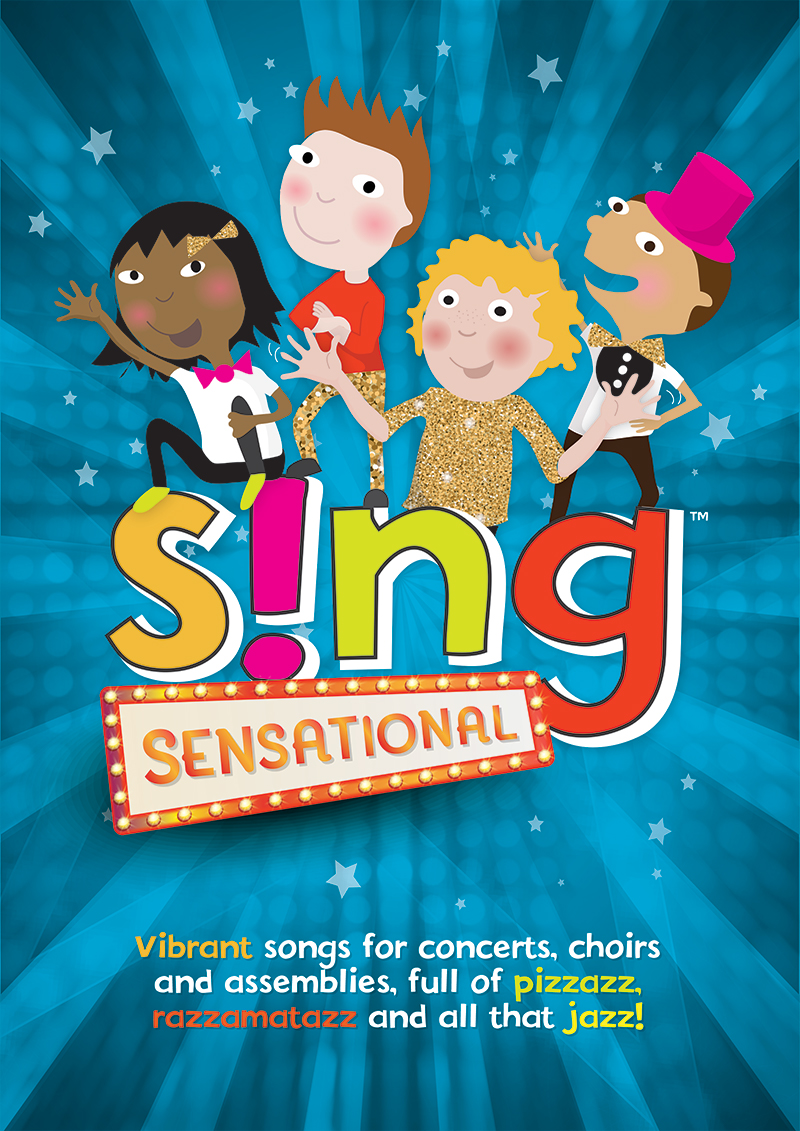 Why not encourage your students to showcase their musical abilities in a talent show? They could perform pieces written by female musicians in a class assembly concert for Women’s History Month. You could even finish the assembly with an Ella Fitzgerald, jazz-inspired, group sing-along to In The Band by Nikki Lewis from Sing™ Sensational.
Why not encourage your students to showcase their musical abilities in a talent show? They could perform pieces written by female musicians in a class assembly concert for Women’s History Month. You could even finish the assembly with an Ella Fitzgerald, jazz-inspired, group sing-along to In The Band by Nikki Lewis from Sing™ Sensational.
Celebrating gender equality in the classroom can be a difficult task but is nonetheless incredibly important. It is very easy to overlook famous female names unintentionally in the classroom today. Recognising Women’s History Month is a way of teaching students that although society today is much more diverse, there was once a time when it was not. Nevertheless, when choosing to highlight influential females throughout March – and throughout the rest of the year too - it is important to remember that when learning about gender equality, like all things in life, it’s about balance. At the end of the day, a good role model for children will be because of their achievements and who they are as a person, regardless of their gender.
With that in mind, take a second to explore a whole crowd of historic people with our amazing That’s What I Call A Class Assembly series, and bring everyone’s history to life this Women’s History Month!
Start your science lesson with a question: how many times does the average hospital worker wash their hands in a day? There is not necessarily a correct answer, but it is hospital regulations that any hospital worker must wash their hands between seeing every patient. Therefore the number is quite high. This is all thanks to Florence Nightingale, a nurse in the Crimean war who established that ten times more soldiers died from diseases spread by touch than from war wounds. She introduced new hygiene regulations and was adamant that hospital staff wash their hands between every patient they saw.
Ask your class to estimate how many different people they speak to in a day. Then, ask them to estimate how many times they would need to wash their hands if they had to clean them every time before speaking to a different person?
Set a challenging homework task. Have each student trace their hand. On each finger, challenge them to find five unique facts about hand washing. It may seem difficult, but the facts are out there, and they are astonishing!

Learn even more with our That’s What I Call A Class Assembly: Florence Nightingale mini musical – perfect for ages 6-11, and fantastic for a super-clean class assembly!
2. A Woman Of Literacy: Mary Shelley
Many years ago, if a woman wanted to become a published author, she would have to use a different name because book companies refused to publish any work by female authors. One of the most famous novels of all time, Frankenstein; or the Modern Prometheus, was originally published by an anonymous author, though many assumed it to be written by Percy Shelley, a famous English poet. In fact, the story was written by Percy’s wife, Mary Shelley. It is said that the idea for Frankenstein came to Mary Shelley one night whilst telling ghost stories with her husband, her sister and Lord Byron (another famous writer).
Set a creative writing task in your classroom. Start with a synopsis of science experiment gone wrong - just like Mary Shelley did - and have your students finish the story. Does the scientist create a scary new species of mankind, or does the experiment end happily-ever-after? This activity is perfect for exploring the use of adjectives.
 Get inspired with Love-er-ly Mud from The Niki Davies Book of Lovely Literacy Songs and encourage your students to bring their stories to life – in more ways than one!
Get inspired with Love-er-ly Mud from The Niki Davies Book of Lovely Literacy Songs and encourage your students to bring their stories to life – in more ways than one! 3. A Woman Of Art: Elizabeth Catlett
Celebrate some of the lesser known female visual artists this Women’s History Month. Elizabeth Catlett, an African-American female artist and the grand-daughter of former slaves, creates beautiful wood block prints that illustrate her experience as a black woman in the 20th century. You can try similar printing experiments in the classroom by cutting out pieces of foam, mounting them on thick cardboard, painting the foam shapes and pressing them onto paper.
 Explore more artistic ideas in My World: Colours & Patterns – What Colour Are Your Eyes? is a great song to spark artistic imagination and conversations about how our differences in appearance makes us unique and special.
Explore more artistic ideas in My World: Colours & Patterns – What Colour Are Your Eyes? is a great song to spark artistic imagination and conversations about how our differences in appearance makes us unique and special. Check out this BBC article for more inspiring female artists you may not have heard of before.
4. A Woman Of Music: Ella Fitzgerald
In the late 19th and early 20th century, jazz was born in the city of New Orleans, Louisiana. By the 1930s, it had crept its way into the bustling city of New York, New York. Ella Fitzgerald, a woman who had experienced a difficult life, entered a talent competition and wowed audiences with her amazing voice. This was the start of her remarkable singing career which led to her reputation as the First Lady of Song, Queen of Jazz, and Lady Ella.
 Why not encourage your students to showcase their musical abilities in a talent show? They could perform pieces written by female musicians in a class assembly concert for Women’s History Month. You could even finish the assembly with an Ella Fitzgerald, jazz-inspired, group sing-along to In The Band by Nikki Lewis from Sing™ Sensational.
Why not encourage your students to showcase their musical abilities in a talent show? They could perform pieces written by female musicians in a class assembly concert for Women’s History Month. You could even finish the assembly with an Ella Fitzgerald, jazz-inspired, group sing-along to In The Band by Nikki Lewis from Sing™ Sensational.Celebrating gender equality in the classroom can be a difficult task but is nonetheless incredibly important. It is very easy to overlook famous female names unintentionally in the classroom today. Recognising Women’s History Month is a way of teaching students that although society today is much more diverse, there was once a time when it was not. Nevertheless, when choosing to highlight influential females throughout March – and throughout the rest of the year too - it is important to remember that when learning about gender equality, like all things in life, it’s about balance. At the end of the day, a good role model for children will be because of their achievements and who they are as a person, regardless of their gender.
With that in mind, take a second to explore a whole crowd of historic people with our amazing That’s What I Call A Class Assembly series, and bring everyone’s history to life this Women’s History Month!
Written by Florence Robjohn - Creative Marketing Assistant, Out of the Ark Music Team.
Click here to post a comment.

